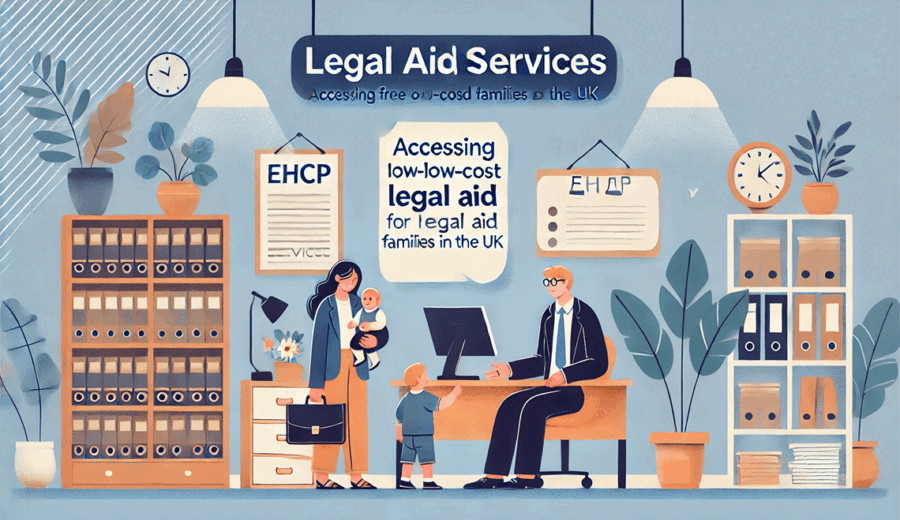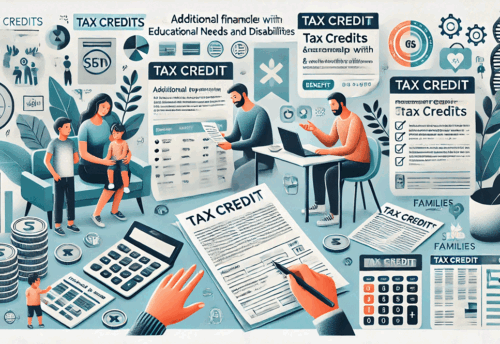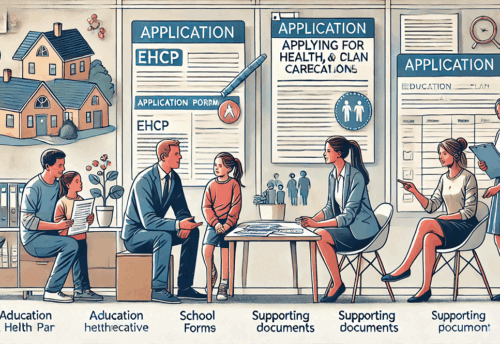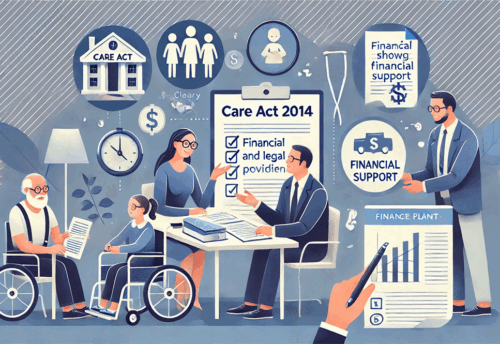
November 27, 2024
Free or Low-Cost Legal Aid
Accessing Free or Low-Cost Legal Aid for SEND Families in the UK
Navigating the complexities of special educational needs and disabilities (SEND) can often require legal support, particularly when disputes arise over services, EHCPs, or school placements. For families in the UK, free or low-cost legal aid is available to ensure access to justice. Here’s a comprehensive guide:
1. When Legal Aid May Be Needed
1.1 Common Scenarios
- Disputes over the content or implementation of an EHCP.
- Challenging school exclusions for SEND children.
- Appeals regarding school placement or refusal to assess.
- Cases of disability discrimination in education.
- Accessing health or social care services through local authorities.
1.2 The Role of Legal Aid
Legal aid provides advice, assistance, and representation to support families in resolving these issues effectively.
2. Free and Low-Cost Legal Aid Options
2.1 SENDIASS (Special Educational Needs and Disabilities Information, Advice, and Support Services)
- Free, impartial advice for parents and caregivers on education law and rights.
- Helps with EHCP reviews, school complaints, and tribunal appeals.
- Available in every local authority.
2.2 IPSEA (Independent Parental Special Education Advice)
- Offers free legal advice via phone or online resources.
- Provides downloadable templates for letters and appeals.
- Runs a tribunal helpline for guidance on SEND appeals.
2.3 Law Centres
- Local law centres offer free legal support for education, housing, and social care disputes.
- Staffed by solicitors and caseworkers specializing in public law.
2.4 Citizens Advice
- Provides guidance on SEND law, discrimination cases, and accessing public services.
- Can assist with filling out forms and drafting letters for appeals.
2.5 Legal Aid Solicitors
- Families with low incomes may qualify for government-funded legal aid through solicitors specializing in education law.
- Covers legal representation for tribunal cases and judicial reviews.
3. Eligibility for Legal Aid
3.1 Financial Criteria
- Based on household income and savings.
- Certain cases, such as those involving children’s rights, may bypass strict financial limits.
3.2 Type of Case
- Legal aid is generally available for:
- Education disputes involving EHCPs.
- Disability discrimination claims.
- Appeals to the SEND tribunal.
3.3 Special Cases
- Exceptional Case Funding (ECF) may apply if the case has significant public interest or impacts the child’s well-being.
4. How to Access Legal Aid
4.1 Initial Steps
- Identify the Issue: Clarify the specific legal challenge (e.g., EHCP appeal, school placement dispute).
- Gather Documentation: Collect all relevant evidence, including letters, EHCPs, and school records.
4.2 Seek Advice
- Contact SENDIASS or IPSEA for initial guidance.
- Use online tools like GOV.UK’s legal aid eligibility checker.
4.3 Find a Legal Representative
- Search for solicitors specializing in education law via the Legal Aid Agency’s directory.
- Reach out to local law centres or advocacy groups.
5. Alternatives to Formal Legal Aid
5.1 Advocacy Services
- Charities like Contact provide trained advocates to represent families in meetings or mediations.
5.2 Mediation
- A less formal, cost-effective alternative to tribunals.
- Local authorities are required to offer mediation services before tribunal escalation.
5.3 Pro Bono Services
- Some solicitors and law firms offer free legal advice on a case-by-case basis.
- Universities may run legal clinics staffed by supervised law students.
6. Preparing for Legal Challenges
6.1 Building Your Case
- Keep detailed records of all communications with schools or local authorities.
- Obtain supporting evidence from professionals, such as therapists or educational psychologists.
6.2 Understanding Your Rights
- Familiarize yourself with the Children and Families Act 2014 and the Equality Act 2010.
- Learn the timelines and procedures for filing complaints or appeals.
6.3 Staying Informed
- Attend workshops or webinars on SEND law.
- Join parent support groups to share experiences and advice.
7. Resources for Families
7.1 Online Platforms
- IPSEA: Comprehensive legal advice and resources.
- Rights of Women: Free helplines for legal advice on family and education matters.
7.2 Helplines
- Contact (For Families with Disabled Children): 0808 808 3555.
- National Autistic Society Helpline: 0808 800 4104.
7.3 Local Support
- Your local council’s Local Offer website lists free or subsidized legal services.
8. Benefits of Legal Aid
- Ensures that every child’s educational needs are met, regardless of financial circumstances.
- Helps families navigate complex systems and avoid unnecessary stress.
- Empowers parents to advocate effectively for their children’s rights.





Leave a Reply